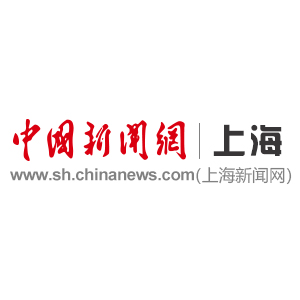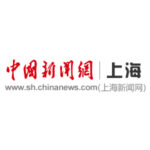Shanghai’s Free Trade Zone (FTZ) has achieved initial results in exploring a negative list for cross-border data transfers.
Since the release of the “China (Shanghai) Free Trade Zone and Lingang New Area Cross-Border Data Management Negative List (2024 Edition)” on February 8, Pudong New Area has developed four practical application cases in the reinsurance and pharmaceutical sectors. These cases have effectively reduced compliance costs for companies transferring data abroad under controllable risk conditions.
Cross-border data flows are increasingly surpassing trade and investment globalization as a new driver of global economic growth. Free trade zones in cities such as Beijing, Shanghai, and Hainan are exploring cross-border data flow mechanisms to unlock the value of data through institutional innovation. Shanghai FTZ’s first major reform initiative for 2025 focuses on facilitating cross-border data flows.
As a multinational pharmaceutical company registered in the FTZ, Boehringer Ingelheim’s Greater China Chief Data Compliance Officer stated that drug research, development, and safety monitoring often involve extensive international collaboration and data sharing. Therefore, an efficient, stable, and predictable cross-border data transfer mechanism is crucial.
“With the Negative List, data not included in the list is exempt from compliance declarations and filings. This greatly improves the convenience and efficiency of cross-border data transfers for companies, providing a clear, efficient, and low-cost pathway,” the officer explained. For example, the threshold for sensitive information assessment in drug safety scenarios has been raised from 10,000 to 100,000 people. “This not only reduces compliance costs but also allows us to focus more on new drug development and deliver effective medicines to patients faster.”
Meanwhile, as multiple free trade zones across China develop their own negative lists for data exports, Shanghai has taken the lead in explicitly permitting the use of negative lists from other FTZs nationwide. “Being registered in Pudong allows us to benefit from policies in other regions. This barrier-breaking approach gives us greater confidence in investing in Shanghai,” the officer added.
Shanghai Free Trade Zone
The Shanghai Free Trade Zone (SFTZ), established in 2013, is a pioneering pilot area for China’s economic reforms and opening-up policies. It serves as a testing ground for financial liberalization, foreign investment management, and trade facilitation initiatives. Its history is defined by its role in experimenting with new policies that are often later adopted nationwide.
Lingang New Area
Lingang New Area is a major planned district in Shanghai, China, established in the early 2000s as a key project to drive economic growth and technological innovation. It was developed on reclaimed land near the Yangshan Deep-Water Port and is now a hub for industries like artificial intelligence and advanced manufacturing.
Pudong New Area
Pudong New Area is a major financial and commercial zone in Shanghai, China, which was primarily agricultural land until its development began in 1990. It is now famous for its iconic skyline, featuring landmarks like the Oriental Pearl Tower and the Shanghai Tower, symbolizing China’s rapid economic growth and modernization.
Beijing Free Trade Zone
The Beijing Free Trade Zone is a key pilot area established in 2020 as part of China’s broader Free Trade Zone strategy to liberalize and facilitate trade and investment. It focuses on advancing opening-up policies in the services sector, high-tech industries, and digital economy, building on reforms from earlier zones to attract foreign business and stimulate innovation.
Hainan Free Trade Zone
The Hainan Free Trade Zone is a major economic development zone established on Hainan Island, China, in 2018. It was created to promote trade and investment liberalization, with policies designed to transform the entire island into a globally influential free trade port by the middle of the 21st century.
Boehringer Ingelheim
Boehringer Ingelheim is a global pharmaceutical company, not a cultural site or place. It was founded in 1885 by Albert Boehringer in Ingelheim am Rhein, Germany, and has grown into one of the world’s leading research-driven pharmaceutical corporations.
China (Shanghai) Free Trade Zone
The China (Shanghai) Free Trade Zone (SHFTZ), established in 2013, is a pioneering pilot area for economic reform and opening-up in China. It serves as a testing ground for new policies on foreign investment, trade liberalization, and financial services to attract global business. Its history is marked by the introduction of groundbreaking measures, such as the first negative list for foreign investment, which have since been replicated in other free trade zones across the country.
Lingang New Area Cross-Border Data Management Negative List
The Lingang New Area Cross-Border Data Management Negative List is a regulatory framework established in the Shanghai Pilot Free Trade Zone. It outlines specific categories of data that are restricted or prohibited from being transferred out of China without a security assessment. This policy, a key part of China’s data governance strategy, aims to balance economic openness with national security and data sovereignty.



